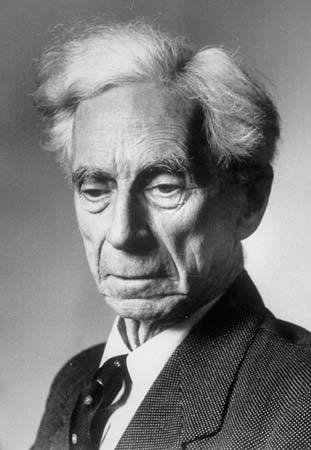Discussion on Theory of Universals?
Made by : Vijay Krishnvanshi
Metaphysics
Metaphysics is a traditional branch of philosophy concerned with explaining the fundamental nature of being and the world that encompasses it
Problem that I am gonna discuss:
Theories Relating Universals and Particulars
Content
- Universal & Particulars
- type of Philosophers concerning this problems
-Property realists
-Nominalists
3. Views in Property realism
4. Views in Nominalism
Universals:
In metaphysics, a universal is what particular things have in common, namely characteristics or qualities.
Particulars:
In metaphysical philosophy ,
particulars are concrete entities existing in space and time as opposed to abstractions.
This area of philosophy have people with two different ideologies and concept :
1. Property Realists
2. Nominalists
What are they?
What is Property Realism?
Property Realism
It is appealing to the universals to explain the nature of property and relations
Who are Property Realists?
Those philosophers who believe in property realism are Property realists.
Who are Nominalists?
Those philosophers who don't believe in property realism are Property realists.
Views among Property realists
- Platonic view
- Aristotelian view
- Russellian view
Platonic View
Universals are transcendent. That is they exist outside time and space.
Platonic realism holds that universals are abstract object that cannot be changed.

Aristotelian View
Universals are immanent. That is they do not exist outside time and space.
In Aristotle's view, universals exist only where they are instantiated; they exist only in things (in Latin, it is said they exist in re, which means "in things"), never apart from things.

Russellian View
This view of Bertrand Russell was also known an the Bundle theory of Russell.
The Bundle Theory says that particulars can be "reduced" to universals. Ultimately all that exists is universals; when we talk about particulars, we are really talking about universals bundled together.

Views against traditional property realism
Views among the Nominalists
- Predicate Nominalism
- Class Nominalism
- Resemblance Nominalism
- Tropes Nominalism
Predicate Nominalism
According to Predicate Nominalism,
for "x to be F" is equivalent to 'F' being applied to x or being true for x.
Crude form of nominalism.
Arguments in against
1. It denies the existence of the properties that are yet to be discovered or explained.
2. They say x's being F which is like x applies to F but it should be F applies to x.
3. Problem of instantiation
Class Nominalism
According to Class Nominalism,
for "x to be F" is equivalent to x belonging to the class of 'F' s.
Improvement over Predicate nominalism
Arguments in against
1. They say x's being F which is like x applies to F but it should be F applies to x.
2. Problem of Nullity
3. Problem of Instantiation
Resemblance Nominalism
According to Resemblance Nominalism,
for "x to be F" is equivalent to x being the member to the class of 'F' s resembling each other.
Improvement over Class nominalism
Arguments in against
1. Problem of Nullity
2. Problem of instantiation
Trope Nominalism
According to Trope Nominalism,
properties and relation are abstract particulars, not universals.
eg: object becomes particular due to the collection of various abstract particulars which makes them unique.
This way Trope Nominalism escapes many arguments against other traditional nominalisms
What is trope?
It is the basic entity of any abstract particulars.
Thank You !
Questions